What Age Group is Interested in Marketing: The Complete 2025 Breakdown
What age group is interested in marketing?
That's the question keeping marketers up at night.
Because if you're targeting the wrong people, you're burning money.
Every generation - from Gen Z to Baby Boomers - consumes content differently.
They use different platforms.
They respond to different messages.
They buy for different reasons.
Get this wrong and your campaigns flop.
Get it right and you print money.
Let me show you exactly which age groups care about marketing and how to reach each one.
Introduction: What Age Group is Interested in Marketing?

Marketing isn't one-size-fits-all.
Never has been.
Never will be.
What age group is interested in marketing depends entirely on what you're selling and how you're saying it.
A TikTok campaign that crushes with 20-year-olds will bomb with 60-year-olds.
An email newsletter that converts Baby Boomers will get ignored by Gen Z.
Here's what matters: understanding how each generation thinks, shops, and engages.
Gen Z lives on their phones and trusts influencers.
Millennials research everything before buying.
Gen X values loyalty and consistency.
Baby Boomers want quality and reliability.
Miss these nuances and you waste your budget.
Nail them and you dominate your market.
This guide breaks down every major age demographic.
I'll show you:
- What each generation cares about
- Where they spend their time online
- What messaging resonates
- How to convert them into customers
Whether you're a business owner, marketer, or just trying to understand consumer behavior, this is your roadmap.
For those serious about mastering demographic targeting, the Marketing Strategies course offers comprehensive guidance on creating campaigns that actually work for each age group.
Let's get into it.
Why Age Demographics Matter in Marketing
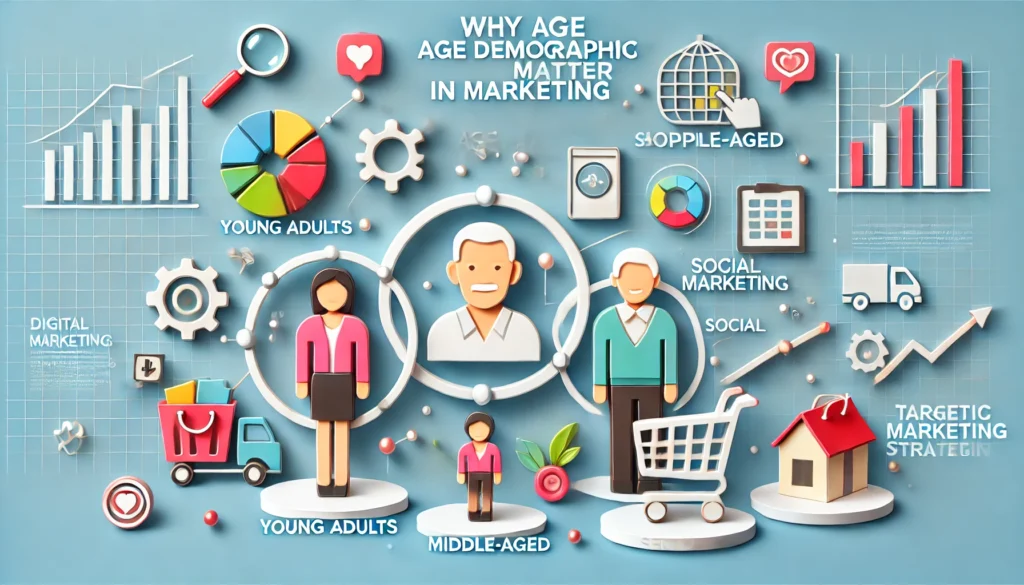
Ignore age demographics at your own peril.
What age group is interested in marketing changes everything about your strategy.
Because a 22-year-old and a 62-year-old don't consume content the same way.
They don't trust the same sources.
They don't make decisions using the same criteria.
Here's the reality:
Gen Z wants short-form video content on TikTok and Instagram.
They scroll fast.
They have zero patience for boring content.
They expect brands to be authentic and socially responsible.
Gen X prefers detailed, informative content on Facebook or LinkedIn.
They read full articles.
They value substance over flash.
They expect consistent customer service.
See the difference?
Send Gen Z a long email newsletter and they'll delete it instantly.
Try to reach Gen X exclusively through TikTok and you'll miss them completely.
Age demographics also drive purchasing decisions.
Gen Z buys based on trends and social proof.
Baby Boomers buy based on value and reliability.
Millennials research extensively before committing.
Gen X sticks with brands they trust.
When you understand these generational marketing preferences, you can:
Optimize your messaging - Speak their language, not yours.
Choose the right platforms - Be where they actually are.
Set appropriate expectations - Match their buying journey.
Build stronger relationships - Connect on what matters to them.
Maximize ROI - Stop wasting money on the wrong audiences.
This isn't theory.
This is how you separate effective campaigns from expensive failures.
Age Groups and Their Interest in Marketing

Let me break down each generation.
What age group is interested in marketing varies dramatically based on where they are in life.
Gen Z (Ages 18-24)
Gen Z is the first truly digital-native generation.
They've never known life without smartphones.
Social media isn't something they use - it's where they live.
Platform preferences:
- TikTok (primary)
- Instagram (secondary)
- YouTube (for longer content)
- Snapchat (for messaging)
What they care about:
Authenticity over polish.
They can spot fake from a mile away.
They want brands that take stands on social issues.
Diversity and inclusion aren't optional - they're mandatory.
Marketing approach:
Short-form video dominates.
15-60 second clips that grab attention immediately.
Influencer partnerships work better than traditional ads.
User-generated content performs incredibly well.
Real-time engagement matters - they expect brands to respond fast.
Millennials (Ages 25-40)
Millennials grew up with the internet but remember life before it.
They're tech-savvy but more skeptical than Gen Z.
Platform preferences:
- Instagram (visual content)
- Facebook (staying connected)
- LinkedIn (professional)
- YouTube (tutorials and reviews)
What they care about:
Value and education.
They want to make informed decisions.
They prioritize personal development and career growth.
Many invest in online courses and professional training.
Marketing approach:
Content marketing works exceptionally well.
Long-form articles, case studies, and tutorials.
They appreciate authenticity but also want substance.
Email marketing still converts if you provide value.
They engage with brands that offer insights and actionable tips.
Gen X (Ages 41-56)
Gen X bridges the gap between digital and traditional.
They adapted to technology but weren't born into it.
Platform preferences:
- Facebook (primary social platform)
- LinkedIn (professional networking)
- YouTube (how-to content)
- Email (preferred communication)
What they care about:
Brand loyalty and consistency.
They value relationships with companies they trust.
Many hold positions of influence at work.
They make significant purchasing decisions.
Marketing approach:
Informative content that respects their intelligence.
They respond to both digital ads and email campaigns.
Customer service excellence matters enormously.
Loyalty programs and long-term value propositions work.
They appreciate straightforward messaging without hype.
Baby Boomers (Ages 57-75)
Baby Boomers have the most spending power.
They're less digitally native but increasingly online.
Platform preferences:
- Facebook (dominant social platform)
- Email (primary digital communication)
- Traditional media (TV, radio, print)
- Word-of-mouth (highly trusted)
What they care about:
Value and reliability above everything.
Brand reputation matters immensely.
They want quality products that last.
Customer service can make or break loyalty.
Marketing approach:
Clear, straightforward messaging.
No tricks or gimmicks.
Emphasize value, quality, and trust.
Personal connection and respect matter.
Traditional marketing methods still work alongside digital.
Understanding what age group is interested in marketing means recognizing these fundamental differences.
You can't use the same strategy for everyone.
Comparing Marketing Preferences Across Age Groups

Let me lay out the differences side by side.
This is where understanding what age group is interested in marketing becomes tactical.
1. Content Type and Format
Gen Z + Millennials:
- Short videos and interactive posts
- Quick, snackable content
- Visual storytelling
- Memes and trending formats
Gen X + Baby Boomers:
- Blogs and long-form articles
- Email newsletters
- Detailed product information
- Step-by-step guides
The younger you go, the shorter the attention span.
The older you go, the more depth matters.
2. Platform Preferences
Gen Z:
- TikTok
- Snapchat
- YouTube Shorts
Millennials:
- YouTube
Gen X:
Baby Boomers:
- Traditional media
Meet them where they are.
Not where you want them to be.
3. Engagement with Brands
Gen Z expectations:
Brands must be interactive.
Respond to comments.
Go live regularly.
Act like a person, not a corporation.
Millennial expectations:
Provide value before asking for sales.
Educational content works.
Career-related insights convert.
Authenticity beats perfection.
Gen X expectations:
Consistent customer service.
Reliable product quality.
Long-term relationship focus.
Less interaction needed, more trust required.
Baby Boomer expectations:
Responsive customer support.
Personalized communication.
Respectful tone.
Clear value proposition.
4. Purchase Influences
Gen Z:
- Social proof (reviews, likes, shares)
- Influencer endorsements
- Trending products
- FOMO-driven purchases
Millennials:
- Peer reviews and ratings
- User-generated content
- Thorough research
- Value-for-money analysis
Gen X:
- Brand reputation
- Consistent positive reviews
- Long-term value
- Trusted recommendations
Baby Boomers:
- Quality and reliability
- Customer service track record
- Word-of-mouth referrals
- Proven brand history
5. Values and Messaging
Gen Z + Millennials:
Social responsibility isn't optional.
They expect:
- Environmental sustainability
- Diversity and inclusion
- Ethical business practices
- Authentic brand activism
Gen X + Baby Boomers:
Trust and longevity matter most.
They value:
- Quality over trends
- Reliability and consistency
- Community involvement
- Proven track record
What age group is interested in marketing also determines what values you emphasize.
Younger generations buy from brands that share their values.
Older generations buy from brands that deliver consistent quality.
Trends in Marketing Interests by Age Group
Let me show you where each generation is heading.
Understanding what age group is interested in marketing means staying ahead of trends.
Gen Z (Ages 18-24)
Current trends:
TikTok dominates everything.
Short-form video isn't going anywhere.
They're pushing brands toward:
- More authentic, less polished content
- Stronger positions on social justice
- Sustainability as a baseline expectation
- Inclusive representation in all marketing
Emerging trends:
Virtual shopping experiences.
AR filters and try-before-you-buy tech.
Community-driven brand building.
Micro-influencers over mega-celebrities.
Millennials (Ages 25-40)
Current trends:
Interactive marketing is exploding:
- Live webinars
- Virtual events
- Educational podcasts
- Online courses and certifications
They're investing heavily in professional development.
Emerging trends:
Value-driven transparency.
Brands must show, not tell.
Behind-the-scenes content performs well.
Long-term sustainability over short-term gains.
Gen X (Ages 41-56)
Current trends:
Practical, informative content:
- Industry reports
- How-to guides
- Email newsletters with substance
- LinkedIn thought leadership
They value expertise and experience.
Emerging trends:
Digital transformation interests them.
They're adopting new tools but carefully.
Loyalty programs with real value.
Personalized email marketing that respects their time.
Baby Boomers (Ages 57-75)
Current trends:
Increasingly active online, especially Facebook.
They want:
- Clear, straightforward messaging
- No gimmicks or tricks
- Emphasis on value and reliability
- Excellent customer service
Emerging trends:
More comfortable with digital resources.
Email marketing gains traction.
Video content if it's accessible and informative.
Online shopping with easy navigation.
Want to master these evolving trends?
Check out specialized courses:
- AI Marketing Course - Leverage AI for demographic targeting
- Digital Marketing Course - Comprehensive digital strategies
- YouTube Marketing Course - Video content for all ages
- Content Marketing Course - Create content that converts
Each course gives you practical strategies for engaging different age groups effectively.
How Brands Can Leverage Age Demographics in Marketing
Now let me show you how to actually use this information.
Knowing what age group is interested in marketing is worthless without execution.
1. Create Age-Targeted Content
Stop making one piece of content for everyone.
For Gen Z:
- 15-60 second videos
- Trending audio and formats
- Interactive polls and questions
- Behind-the-scenes authenticity
For Millennials:
- Educational content with depth
- Case studies and success stories
- How-to guides and tutorials
- Value-driven messaging
For Gen X:
- Detailed product information
- Industry insights and analysis
- Email newsletters with substance
- Practical tips they can implement
For Baby Boomers:
- Clear, straightforward explanations
- Customer testimonials
- Value propositions
- Easy-to-understand benefits
Match the depth and style to the audience.
2. Choose the Right Platforms
Don't spread yourself thin.
Focus where each demographic actually spends time.
Gen Z strategy:
Go all-in on TikTok and Instagram.
Post multiple times daily.
Use trending sounds and formats.
Engage in comments and DMs.
Millennial strategy:
Balance across Instagram, Facebook, LinkedIn, and YouTube.
Mix content types.
Educational + entertaining.
Gen X strategy:
Facebook and LinkedIn focus.
Email marketing as primary driver.
Professional, polished content.
Baby Boomer strategy:
Facebook presence.
Strong email campaigns.
Don't ignore traditional media.
3. Use Personalized Marketing
Leverage data to create custom experiences.
For younger demographics:
- Personalized product recommendations
- Retargeting based on browsing
- Influencer collaborations
- Exclusive discount codes
For older demographics:
- Loyalty program benefits
- Personalized email based on purchase history
- VIP customer service
- Long-term value rewards
4. Emphasize Values and Messaging That Resonate
What age group is interested in marketing determines which values you highlight.
Gen Z + Millennials need to see:
- Social responsibility
- Environmental commitments
- Diversity and inclusion
- Ethical practices
Gen X + Baby Boomers need to see:
- Product quality
- Reliability and consistency
- Customer service excellence
- Proven track record
5. Leverage Influencers Strategically
Influencer marketing isn't one-size-fits-all.
For Gen Z:
Micro-influencers with 10k-100k followers.
Authenticity matters more than reach.
User-generated content campaigns.
For Millennials:
Mix of micro and macro influencers.
Focus on expertise and credibility.
Long-form content partnerships.
For Gen X + Baby Boomers:
Brand ambassadors over influencers.
Customer testimonials and reviews.
Word-of-mouth strategies.
6. Optimize for Mobile and User Experience
Every generation uses mobile devices.
But expectations differ.
Younger generations:
Instant loading times.
Intuitive navigation.
Quick checkout processes.
Older generations:
Clear navigation.
Readable fonts.
Straightforward information.
7. Track and Analyze Age-Specific Data
You can't improve what you don't measure.
Track by demographic:
- Engagement rates
- Click-through rates
- Conversion rates
- Customer lifetime value
Adjust campaigns based on actual performance.
Not assumptions.
Want to master demographic targeting?
The Marketing Strategies course dives deep into these tactics with actionable techniques for each age group.
It's the difference between guessing and knowing.
Conclusion
Understanding what age group is interested in marketing isn't academic.
It's the difference between campaigns that work and campaigns that waste money.
Gen Z, Millennials, Gen X, and Baby Boomers all engage differently.
They use different platforms.
They respond to different messages.
They buy for different reasons.
Your job isn't to force them into your preferred strategy.
Your job is to meet them where they are.
With content they actually want.
On platforms they actually use.
With messaging that actually resonates.
The brands winning right now understand this.
They create age-specific campaigns.
They track demographic data religiously.
They adapt as trends shift.
Age demographics aren't static.
Gen Z ages into Millennial behaviors.
Baby Boomers become more digitally savvy.
You need to evolve with them.
That's how you build lasting customer relationships.
That's how you stay competitive.
That's how you grow.
Ready to put this knowledge into action?
The Marketing Strategies course equips you with everything you need to create impactful, age-tailored marketing strategies that actually convert.
Because understanding what age group is interested in marketing is just the beginning.
Executing on it is where you make money.
Frequently Asked Questions (FAQs)
What age group is most interested in marketing?
Millennials (ages 25-40) show the highest interest in marketing as a career and skill.
They invest heavily in online courses, certifications, and professional development.
Many work in marketing roles or adjacent fields.
However, every age group engages with marketing as consumers - just in different ways.
Which generation responds best to digital marketing?
Gen Z and Millennials respond best to digital marketing overall.
They're most comfortable with technology and spend significant time online.
But "best response" depends on the tactic - email marketing still crushes with Gen X and Baby Boomers.
Match the digital strategy to the demographic.
Do Baby Boomers engage with social media marketing?
Yes, but primarily on Facebook.
Baby Boomers are the fastest-growing demographic on Facebook.
They engage with clear, value-driven content.
Don't expect them on TikTok or Snapchat.
Focus on Facebook and email for this demographic.
What platform should I use to reach Gen Z?
TikTok is the dominant platform for Gen Z marketing.
Instagram Reels is second.
YouTube Shorts is gaining traction.
If you're not on TikTok, you're invisible to Gen Z.
Short-form video content is non-negotiable.
How do marketing preferences differ between Millennials and Gen X?
Millennials prefer interactive, educational digital content across multiple platforms.
Gen X values informative content with substance, primarily on Facebook and email.
Millennials respond to authenticity and peer reviews.
Gen X responds to brand reliability and consistent service.
Both appreciate value but define it differently.
Why is age demographic targeting important?
Because generic marketing wastes money.
A campaign that works for 25-year-olds will fail with 65-year-olds.
Different age groups use different platforms, trust different sources, and make decisions differently.
Age targeting ensures your message reaches the right people in the right way.
What values matter most to Gen Z in marketing?
Social responsibility, sustainability, diversity, and authenticity.
Gen Z expects brands to take meaningful stands on social issues.
Performative activism backfires - they can spot fake immediately.
They'll abandon brands that don't align with their values.
This isn't a nice-to-have - it's mandatory for reaching Gen Z.
How can I personalize marketing for different age groups?
Use data segmentation to create age-specific campaigns.
Different email lists for different demographics.
Separate ad campaigns by age range.
Customized landing pages based on age.
Track performance by demographic and adjust accordingly.
Don't send the same message to everyone.
Is influencer marketing effective for older demographics?
Not in the traditional sense.
Gen X and Baby Boomers don't follow influencers like younger generations.
Instead, use customer testimonials and brand ambassadors.
Word-of-mouth strategies work better.
Focus on credibility and proven results over social media personality.
What content length works best for each age group?
Gen Z: 15-60 seconds (short-form video)
Millennials: 2-5 minutes (mix of short and medium)
Gen X: 5-10 minutes or 800-1500 word articles
Baby Boomers: Longer if informative, but clear and straightforward
Match content length to attention span and consumption habits.
How often should I post content for different age groups?
Gen Z: Multiple times daily across platforms (they're always online)
Millennials: Daily on primary platforms, 2-3x weekly on others
Gen X: 3-5 times weekly with consistent quality
Baby Boomers: 2-3 times weekly with substance
Quality matters more than frequency for older demographics.
Should I use different messaging for B2B vs B2C marketing by age?
Yes, absolutely.
B2B skews toward Gen X and older Millennials in decision-making roles.
They want ROI data, case studies, and professional credibility.
B2C varies widely by product and demographic.
Adjust tone and platform accordingly - LinkedIn for B2B, Instagram/TikTok for B2C.
How do I measure the success of age-targeted marketing?
Track these metrics by demographic:
- Engagement rate
- Click-through rate
- Conversion rate
- Customer acquisition cost
- Lifetime value
- Return on ad spend
Compare performance across age segments.
Double down on what works, cut what doesn't.
What's the biggest mistake brands make with age demographics?
Assuming one strategy works for everyone.
Creating generic content and hoping it resonates.
Or worse - targeting only young demographics and ignoring the massive spending power of older generations.
Baby Boomers and Gen X control most of the wealth.
Don't ignore them.
How will age-based marketing change in the next 5 years?
Gen Z will age into higher spending power.
Baby Boomers will become more digitally native.
Gen Alpha (under 18) will enter the market with even shorter attention spans.
AI and personalization will make demographic targeting more precise.
The fundamentals stay the same - meet people where they are with messages they care about.
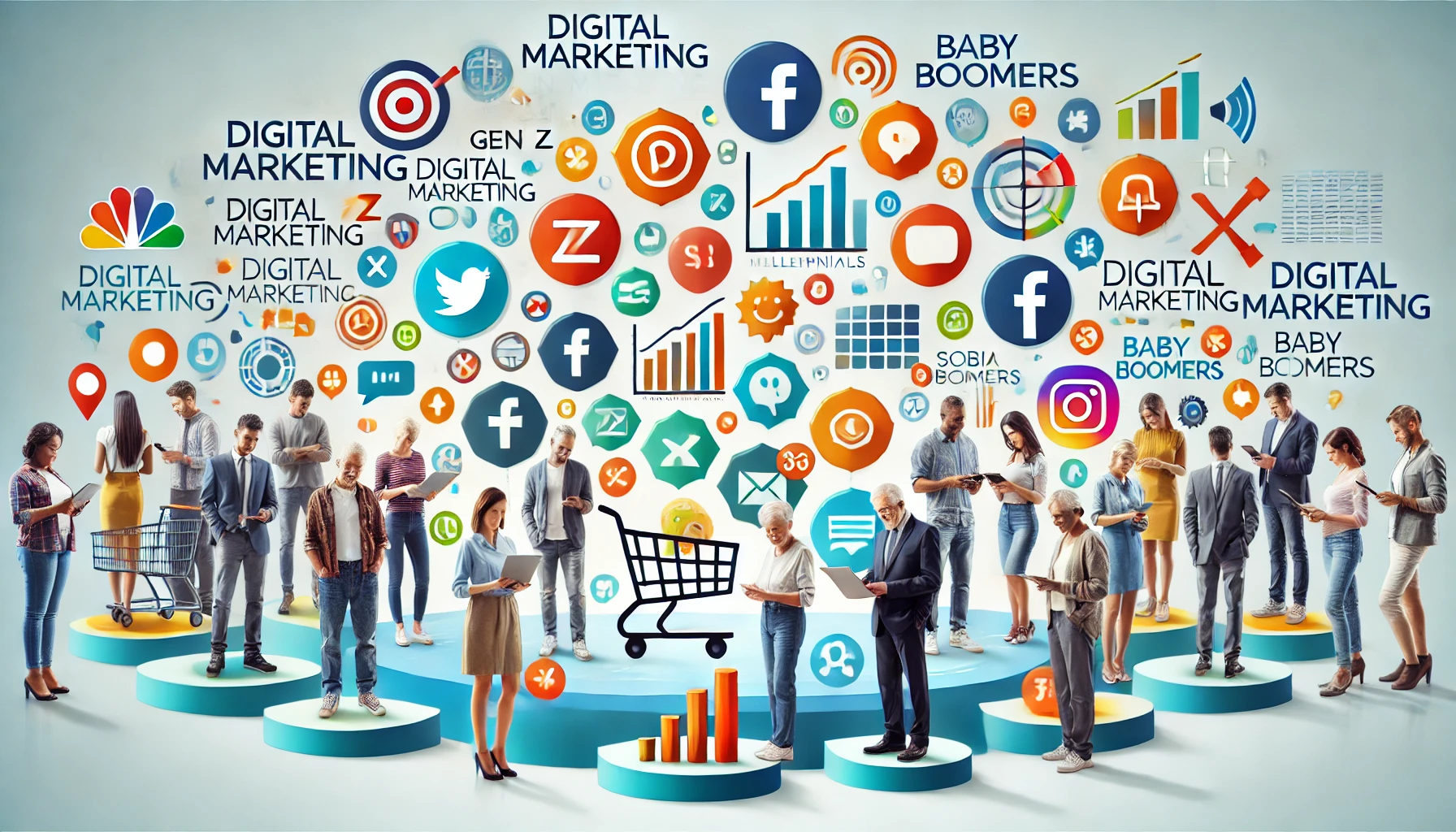
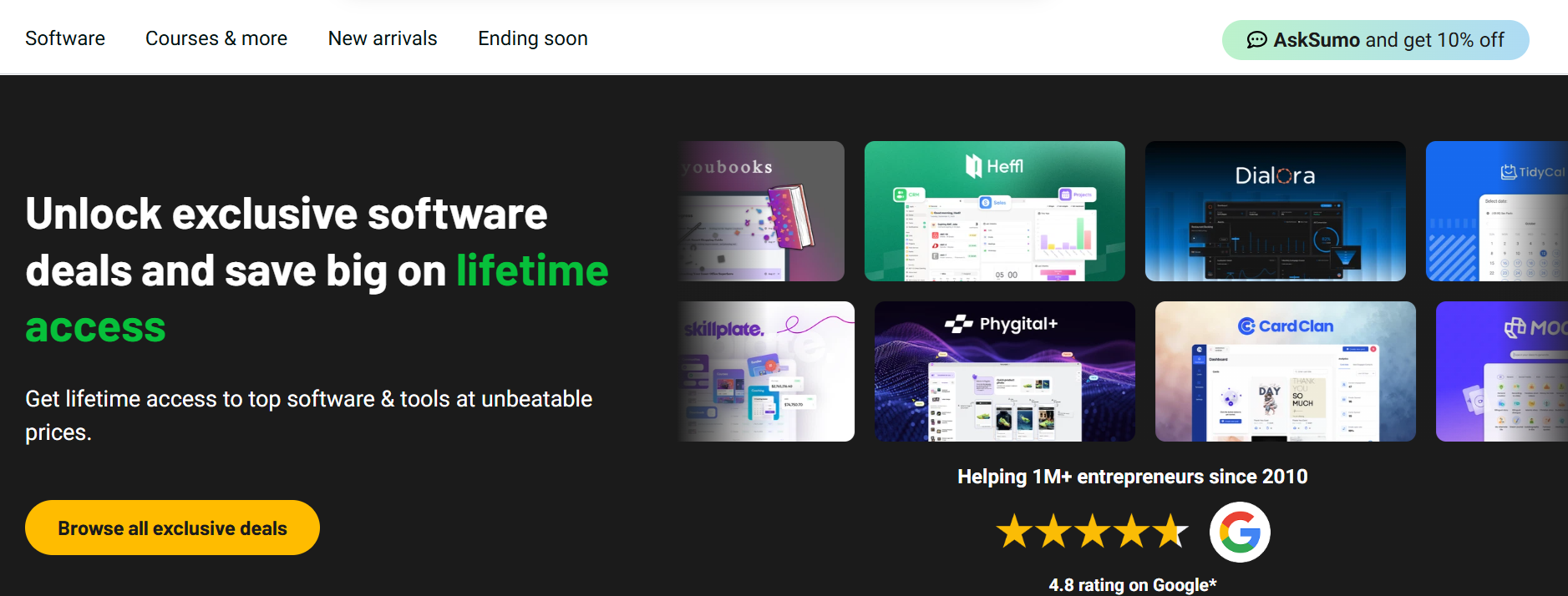


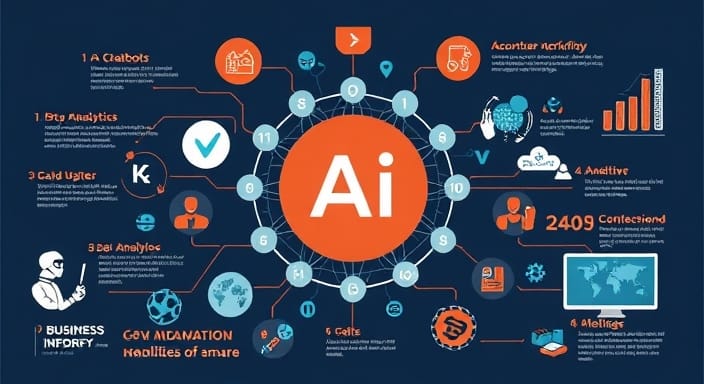
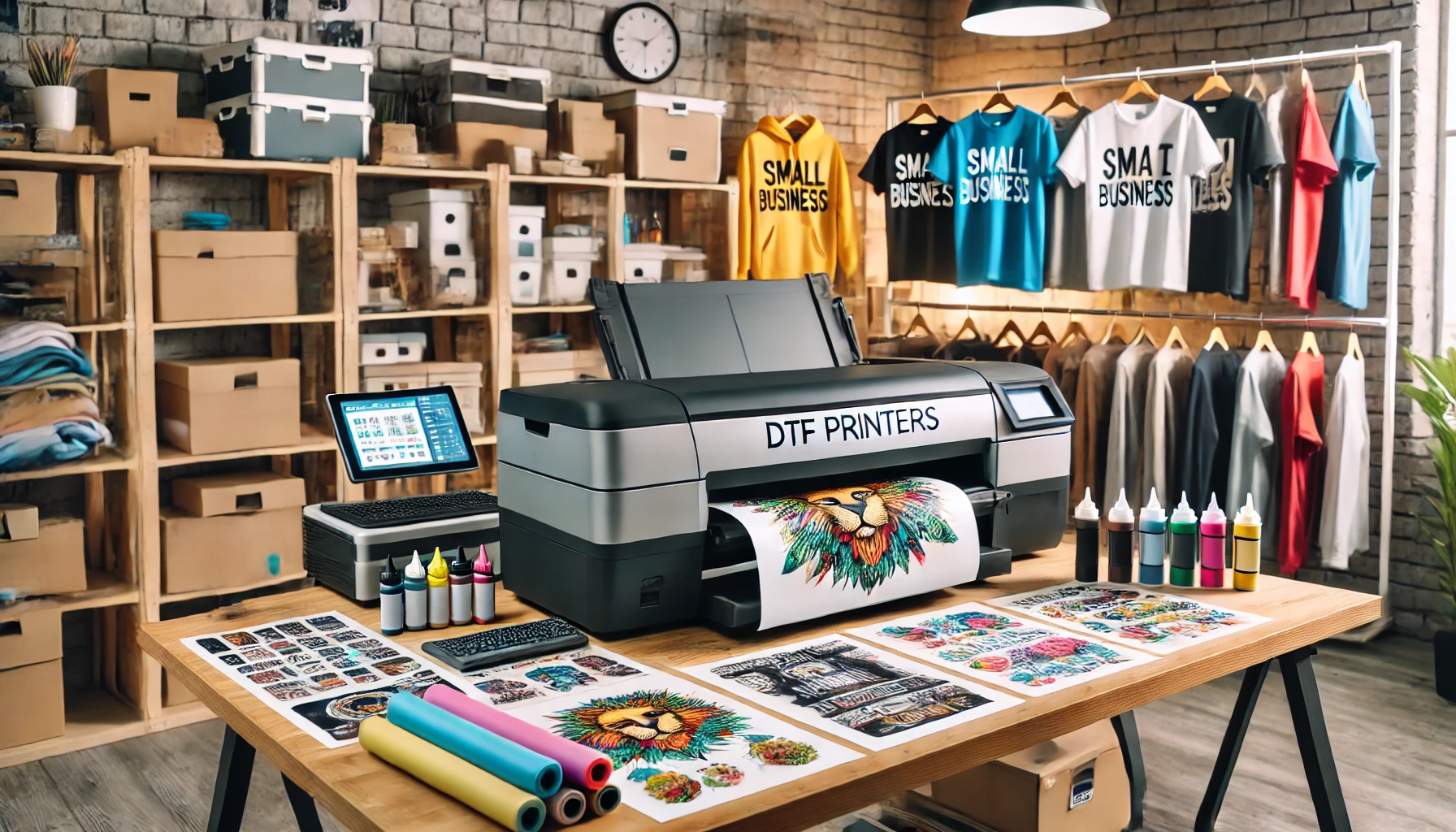

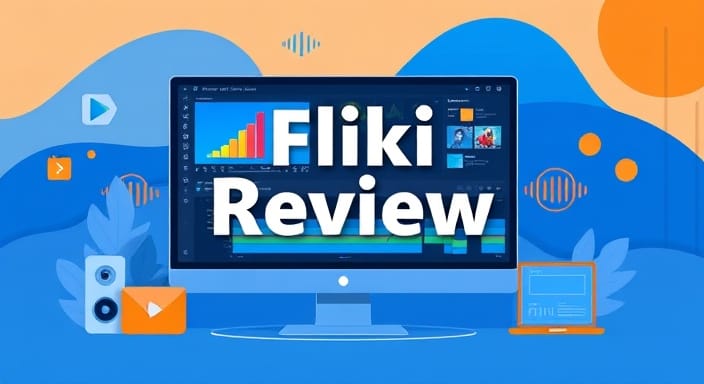

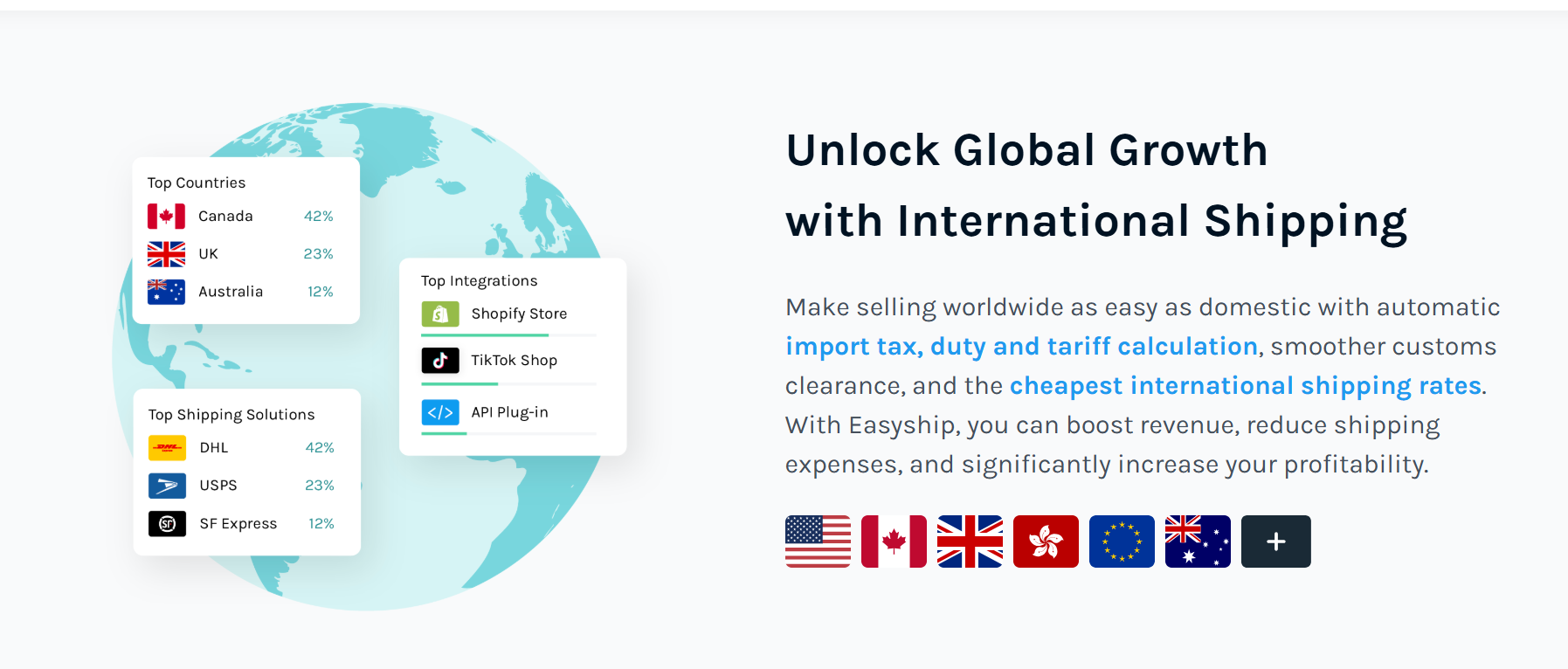
Comments
Leave a Comment
Your email address will not be published. Required fields are marked *